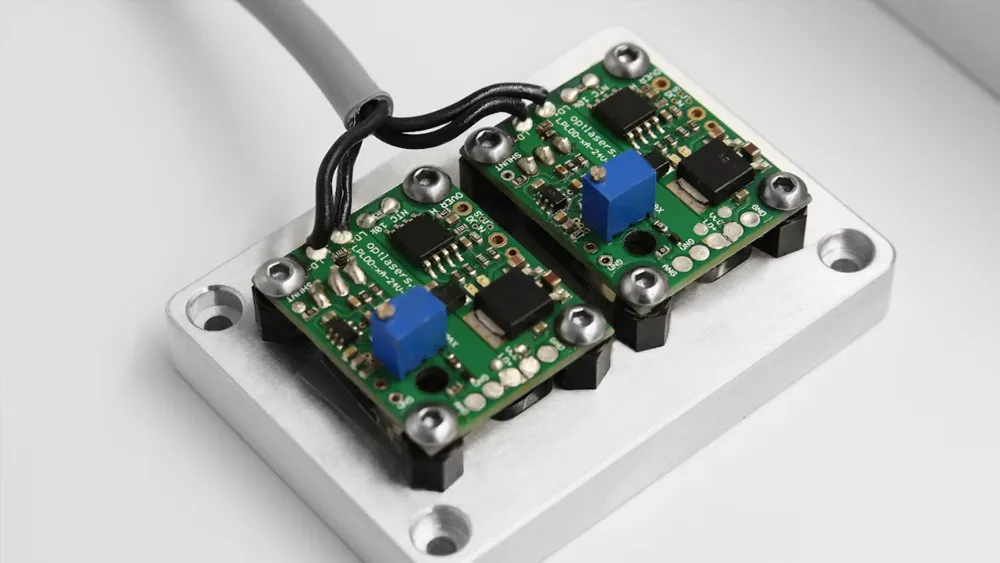
What is Vietnam's MOIT Energy Efficiency Certification?
Introduction to Vietnam's MOIT Energy Efficiency Certification
The Ministry of Industry and Trade (MOIT) of Vietnam issues the Energy Efficiency Mark Certification, a mandatory requirement for certain products. MOIT plays a pivotal role in regULating Vietnam's energy industries, including electricity, renewable energy, and new energy sources. They also formulate and implement laws, policies, and strategic development plans related to these industries.
Effective July 1, 2013, energy efficiency labeling became mandatory in Vietnam. On December 28, 2016, MOIT replaced Document No. 07/2012 with Document No. 36/2016/TT-BCT, which introduced significant changes. Notably, the new document transitioned the process of issuing energy efficiency certificates from post-testing registration in Vietnam to online registration and eliminated the need for factory audits.
On March 9, 2017, MOIT issued Document No. 04/2017/QD-TTg, outlining a phased enforcement plan for Vietnam's energy efficiency labeling. According to these regulations, all products listed in the controlled scope must undergo product testing to obtain energy efficiency registration and affix an energy efficiency label before entering the Vietnamese market.
Energy Efficiency Label
The energy efficiency label is a crucial aspect of this certification. It corresponds to different energy efficiency levels represented by the number of stars, ranging from one to five. Five stars indicate the highest performance level. The label must be visibly placed on the product, and electronic labels are permissible. However, only full-color labels with specified color formats can be used.

Product Scope
The scope of Vietnam's MOIT Energy Efficiency Certification covers various products, including:
- Lighting Equipment: Compact fluorescent lamps, linear tubular fluorescent lamps, electronic ballasts, and LED lamps.
- Household Appliances: Refrigerators, freezers, commercial refrigerators, rice cookers, electric fans, televisions, air conditioners, household washing machines, solar water heaters, and storage water heaters.
- Office Equipment: Photocopiers, printers, computer monitors, and laptops.
- Industrial Equipment: Electric motors, boilers, and distribution transformers.
China JJR Laboratory has been providing reliable Vietnamese energy efficiency services to manufacturers for an extended period. For further assistance, please contact us.
Email:hello@jjrlab.com
Write your message here and send it to us
 Canada ISED Certification RSS-247 Standard Testing
Canada ISED Certification RSS-247 Standard Testing
 What Are the Product Compliance for Amazon Austral
What Are the Product Compliance for Amazon Austral
 Australia IoT Security Compliance
Australia IoT Security Compliance
 V16 Warning Light EU EN 18031 Cybersecurity Certif
V16 Warning Light EU EN 18031 Cybersecurity Certif
 Japan IoT Security JC-STAR Certification
Japan IoT Security JC-STAR Certification
 FCC SDoC Compliance Information Statement
FCC SDoC Compliance Information Statement
 What Does FCC SDoC Certification Mean?
What Does FCC SDoC Certification Mean?
 What is Bisphenol A (BPA) Testing?
What is Bisphenol A (BPA) Testing?
Leave us a message
24-hour online customer service at any time to respond, so that you worry!




